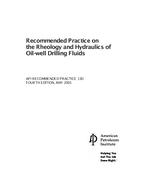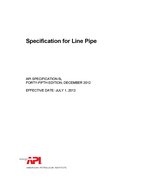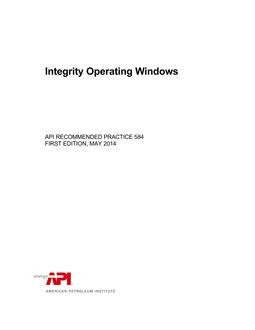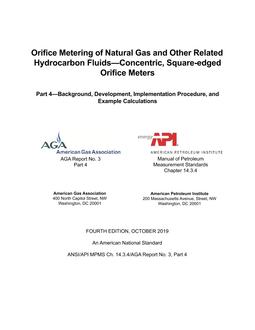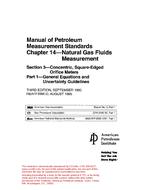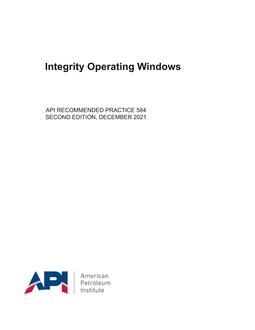
API RP 584
The purpose of this recommended practice (RP) is to explain the importance of integrity operating windows (IOWs) for process safety management and to guide users in how to establish and implement an IOW program for process facilities. IOWs are established limits of process variables (operating equipment parameters, pressure or temperature limits, for example) that can affect the integrity of the equipment if the operation deviates from the limits for a predetermined period of time. Their express purpose is to minimize unexpected equipment degradation that could lead to loss of containment. It is not the intent of this document to provide a complete list of specific IOWs or operating variables that might need IOWs for the numerous types of process units in the industry (though some examples are provided in the text and a list of process variables for some example process units in included in Annex A), but rather to provide the user with information and guidance on the work process for the development and implementation of IOWs to help strengthen the mechanical integrity (MI) program for each process unit. This second edition includes a new Annex D, Barriers to Successful IOW Implementation, as a way to assist in improving industry safety and sustainability.
Product Details
- Edition:
- 2nd
- Published:
- 12/01/2021
- Number of Pages:
- 69
- File Size:
- 1 file , 1000 KB
- Product Code(s):
- C58402, C58402, C58402
- Note:
- This product is unavailable in Belarus, Cuba, Iran, North Korea, Russia, Syria, Ukraine
